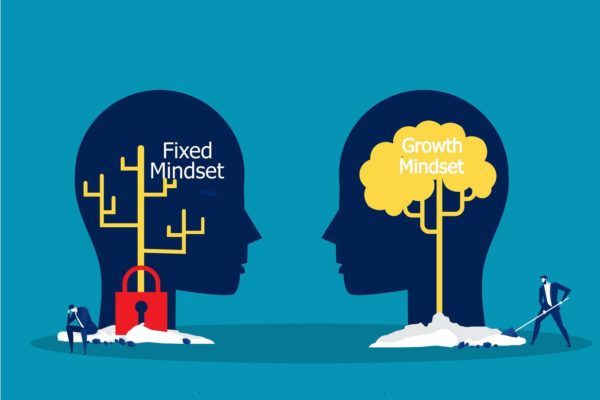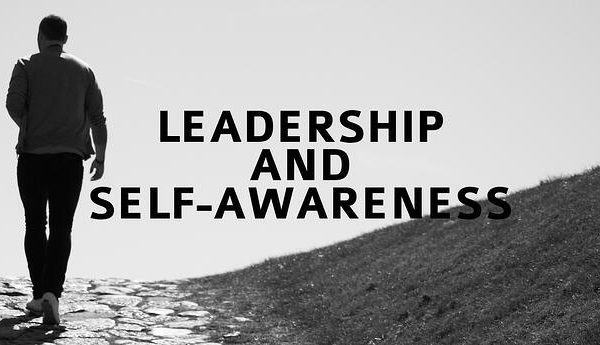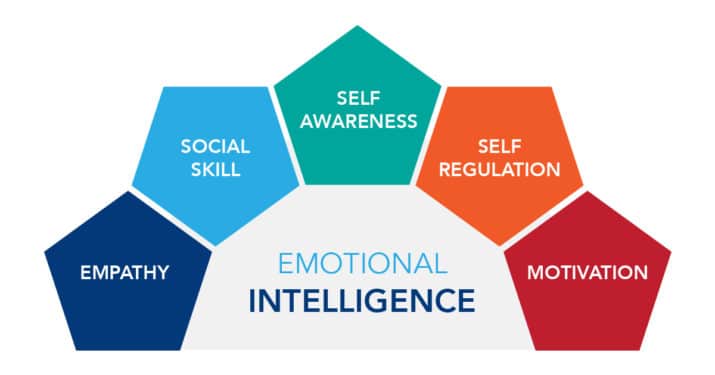

Stress is a universal experience that helps us achieve goals and unknowingly hinders effectiveness at the same time. The frequent encounter of minor annoyances in our work and home life aren’t necessarily bad individually. However, the danger lies with the build-up of chronic stress.
The responsibility of leadership comes with a baseline level of stress. Chronic stress can cause adverse effects on psychological functioning and quality of life. This article highlights several consequences of chronic stress and provides strategies to counteract its effect.
What is Stress?
Stress is a mental, emotional, and physical reaction to external events in our lives.
Stress exists in varying degrees and frequencies within each domain.
Our stressors variances are entirely subjective, depending on how much importance we place on each domain. For instance, the stress I felt completing my Ph.D. was quite different from my current work stress.


Even though we typically associate stress with negativity, stress is a powerful call to action. Personally, one of my intrinsic motivational drivers is stress.
However, a delicate balance exists between the right amount of stress and chronic stress.
Chronic stress is a long-term, consistent sense of pressure and overwhelm. With low awareness of our internal state, we unknowingly condition ourselves to higher amounts of stress.
Over time, chronic stress can cause disastrous implications to our psychological and physical functioning.
The Dangers Associated with Chronic Stress
Our bodies can’t handle the damage associated with chronic stress, sometimes referred to as allostatic load.
Two hormones are linked with stress, I will refer to them as fight or flight and fight or flight inhibitor for simplicities sake.
In most cases, stress triggers the fight or flight response.
We feel stress -> fight or fight initiates -> blood rushes to your limbs to either fight or run
The fight or flight response restricts our brain of resources, and we lose access to vital neural connections. In other words, we unable to think optimally.


While all this is happening, the release of our bodies’ anti-inflammatory hormones help us convert fat into energy. Unfortunately, this hormone causes two adverse side effects.
It shuts off our immune system and inhibits neurogenesis, opening us to illnesses and preventing the development of our neural networks.
High levels of stress activate our fight or flight, pulling vital resources away from our brains and releasing hormones that shut down our immune and neurological functioning.
In other words, chronic stress can cause cognitive, emotional, and perceptual impairment.
The Role of our Fight or Flight Inhibitor
Fortunately, our fight or flight inhibitor allows for renewal. In this state, we are at our best. We have access to all our resources and feel renewed.
There are specific ways to manage stress to place us in this renewal state.
The first is to engage in activities that place you in a state of flow. For instance, I love to sing while I cook. I know that I’ll engage the resources to support renewal when I’m singing, so I prioritize doing it.

Additionally, expressing gratitude can help us manage our perspective and minimize stress build-up throughout the day. Stating intention is a powerful way to shift your perspective and set a positive tone for the day.
Finally, laughter can help alleviate stress among leaders. In fact, researchers have found a positive relationship between humor and leadership effectiveness.
Not only will you increase your own effectiveness, but you will promote similar feelings within your employees. That’s because emotions are contagious.
Conclusion
If we are not aware of our stress levels, it can be hard to identify when we are in a chronic state of stress.
This can cause impairment in psychological functioning and quality of life. Leaders must remain mindful of their internal state to manage their external environment.
Leaders set the cultural and emotional tone for the workplace.
Thus, effectively managing stress must become a priority. You can find a new hobby, express gratitude more often, or promote a work culture with a sense of humor.
Implementing these strategies will improve your effectiveness and the environment for your employees.
For more strategies, check out my blog on creating an emotionally intelligent organization.
Bianca Cardenas, M.S., Ph.D., is a Fellow in Executive Assessment and Consulting with Leadership Worth Following. Dr. Bianca Cardenas empowers leaders to transcend competition by helping them unlock their people's potential.














